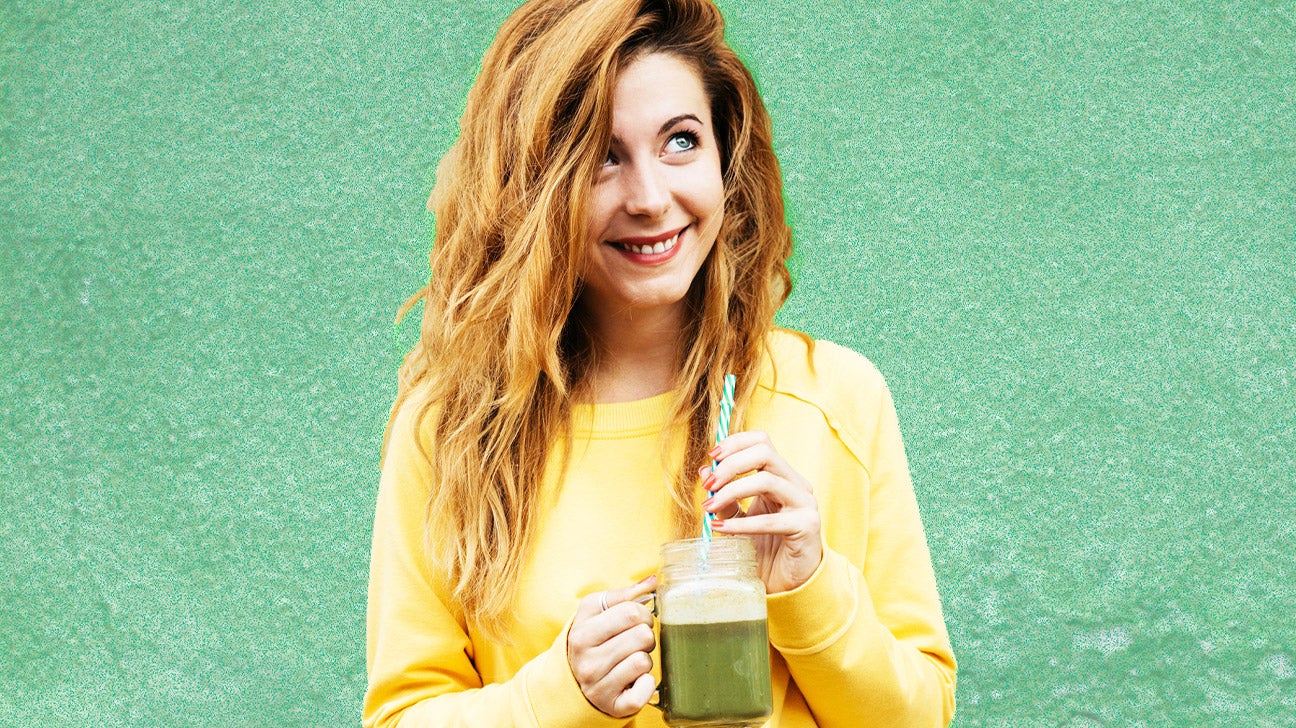Having a healthy and high-functioning immune system has always been an attractive proposition, but the concept has been greatly underscored with more pointed consequences in 2020. You can’t open your browser without hearing how important a healthy immune system is in warding off serious complications from COVID-19. And you can’t shake a stick without hitting five miracle cures that claim to deliver one.

From super-charged vitamin powders to tonics, elixirs, and specially formulated supplement capsules, the immune-boosting business is a big one. But how much is helping and how much is just marketing muscle?
Dr. Joan Ifland is a nutrition counselor and food addiction expert who has some thoughts on the subject. As someone who works directly with nutrition and its direct impact on our health, Dr. Ifland suggests a broader, more holistic approach to keeping your immune system humming and suggests we forget the notion of a magic bullet solution.
David Watsky: Given the circumstances surrounding COVID-19, and more generally, what should people know about their immune system, what keeps it strong, and what may compromise it?
Dr. Joan Ifland: The most helpful tip for keeping your immune system strong is to avoid processed foods. Processed foods lack nourishment and can take the place of nourishing foods that would support the immune system. Processed foods can also cause a stress reaction by stimulating stress pathways in the brain which in turn stimulate the adrenal glands to release adrenaline and cortisol. High levels of adrenaline and cortisol put the body into stressful ‘flight or fight’ status, which means blood is being diverted from the immune system to the arms and legs. The body prioritizes surviving the perceived immediate danger over fighting off an infection.
If an episode of stress happens once or twice in a long while, it’s not a big deal. But when it happens frequently and the immune system is habitually deprived of nutrients, then the immune system weakens and cannot fight off viruses as effectively. When this happens, instead of having a mild case of the flu where symptoms are contained by your vigorous immune system, you could end up in the hospital because the virus has overwhelmed a weak immune system. When a powerful virus like COVID-19 is on the loose, we all want our immune systems to be in top condition.
DW: What are some of the best foods for boosting your immune system?
Dr. Ifland: Plants that still look like they did at the moment of harvest. Examples include a beet that’s still round and not made into beet sugar, a kernel of grain still in the shape of kernel and not ground into a flour, or leafy greens [that] are still leafy and not ground up into powder inside a capsule.
Unprocessed foods do not result in glucose highs and crashes, so they don’t trigger the release of extra adrenaline needed to correct a blood glucose low. Remember, we want to keep adrenaline and cortisol low to prevent creating a stress reaction in which blood flow is diverted to arms and legs and away from our immune systems.
Unprocessed foods are also non-inflammatory. This means that cells that line the gut are flat and hold their bond with one another. Highly processed foods are inflammatory which means that cells swell up and lose their bond. Partially digested foods can leak out. The immune system recognizes these partially digested foods as foreign invaders and goes after them. This can actually wear down the immune system and create another gateway for the virus to develop.
DW: What about other ingredients, spices, herbs, or natural supplements to take to help boost your immune system?
Dr. Ifland: The role of processed foods in immune dysfunction is huge compared to the effectiveness of add-ins. One danger of relying on additions to food rather than healthy food itself, is that the practice can lead to justification for using processed foods. The thought going through the head may be, ‘Well I took that supplement, so now I can eat whatever I want and be safe.’ This just isn’t the case.
DW: Any products on the market specifically made to help boost your immune system you recommend?
Dr. Ifland: It’s very tempting to name a few specific superfoods but this can be a set-up for giving into the temptation for addictive processed foods such as sugary caffeinated drinks, sweets, sweetened dairy, or baked goods.
DW: Any easy non-dietary lifestyle adjustments to help keep your immune system strong?
Dr. Joan Ifland: Stress is detrimental to immune function. As we’ve mentioned, stress diverts blood to arms and legs to fight or flee. Every other system is deprived of blood and nutrients when this happens, including the immune system. It may sound contradictory to monitor COVID-19 developments which could be stressful while urging people to stay calm at the same time. It is definitely possible to take preventive measures in a calm, self-assured manner rather than in a panic.
There are so many fun ways to create calm. By practicing these while you’re at home avoiding contact with groups of people, you might find the time to create new calming habits that could keep you healthier even after the Covid-19 threat is over. Walking, stretching, dance, music, singing, jigsaw puzzles, reading, creating art, doing crafts, coloring, meditating, and visiting with upbeat people are all calming.
DW: Anything on the market or things you don’t think are great or are a waste of money? I’ve heard different things about the effectiveness of taking vitamin C pills or Emergency-C type supplements for instance).
Dr. Ifland: Taking supplements when not needed can be harmful. It’s important to be tested for nutritional deficiencies and go from there.

0 Commentaires